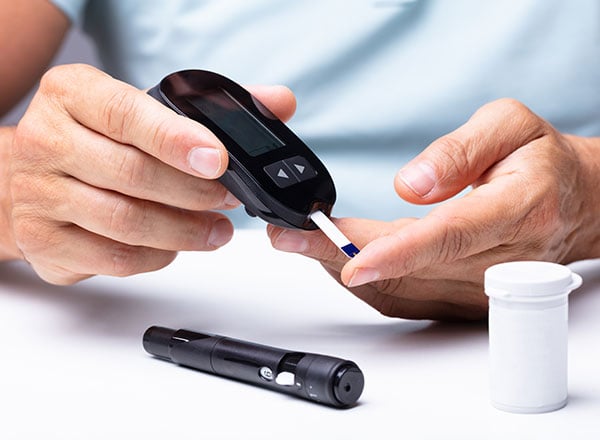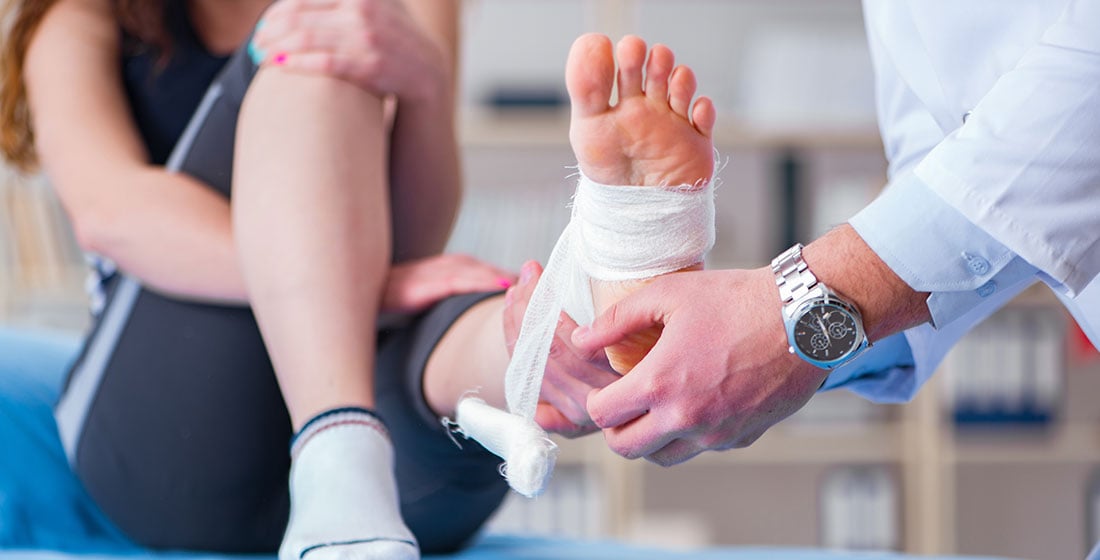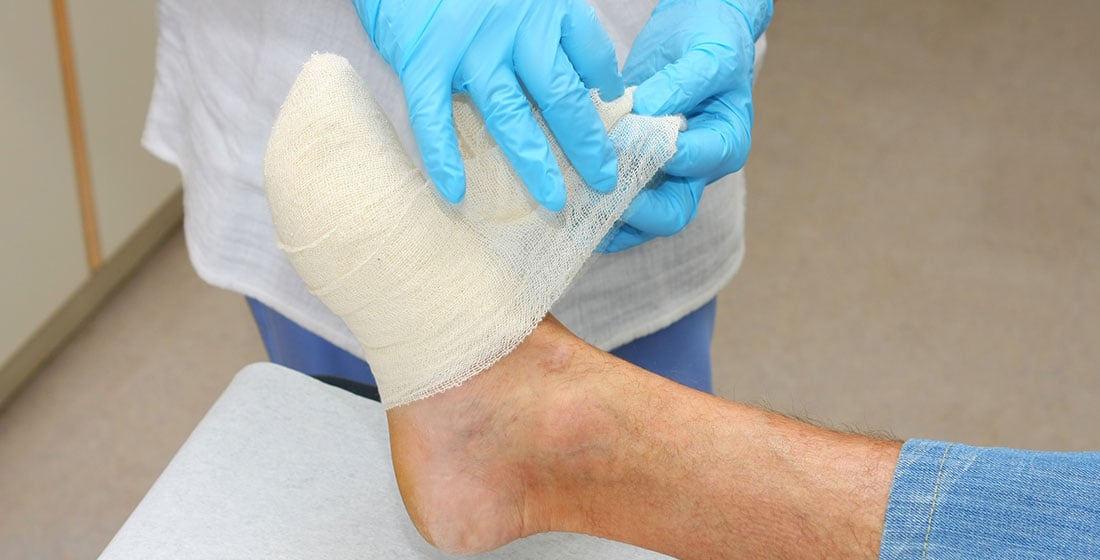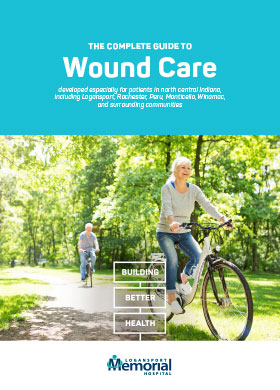The Complete Guide to Wound Care
developed especially for patients in north central Indiana, including Logansport, Rochester, Peru, Monticello, Winamac, and surrounding communities
Heal your wounds, don’t hide them
What’s in this guide—
Remember your life before that wound?
When you have a wound that isn’t healing as it should, advanced technology and the latest wound care therapies can help you get back to enjoying daily life.
Don’t put your life on hold and let a wound that has lingered for more than 30 days without healing keep you from doing the things that make you happy.
Learn more about the state-of-the-art treatment options available to you that can give back hope and enhance your healing.
Keep reading to get advice from wound care specialists on:
- What can cause chronic wound
- Who’s most at risk
- What you can do to heal faster
- Why consistency in treatment matters
Be sure to download the additional resources within and print a copy of this guide to help you answer questions about wound care.














